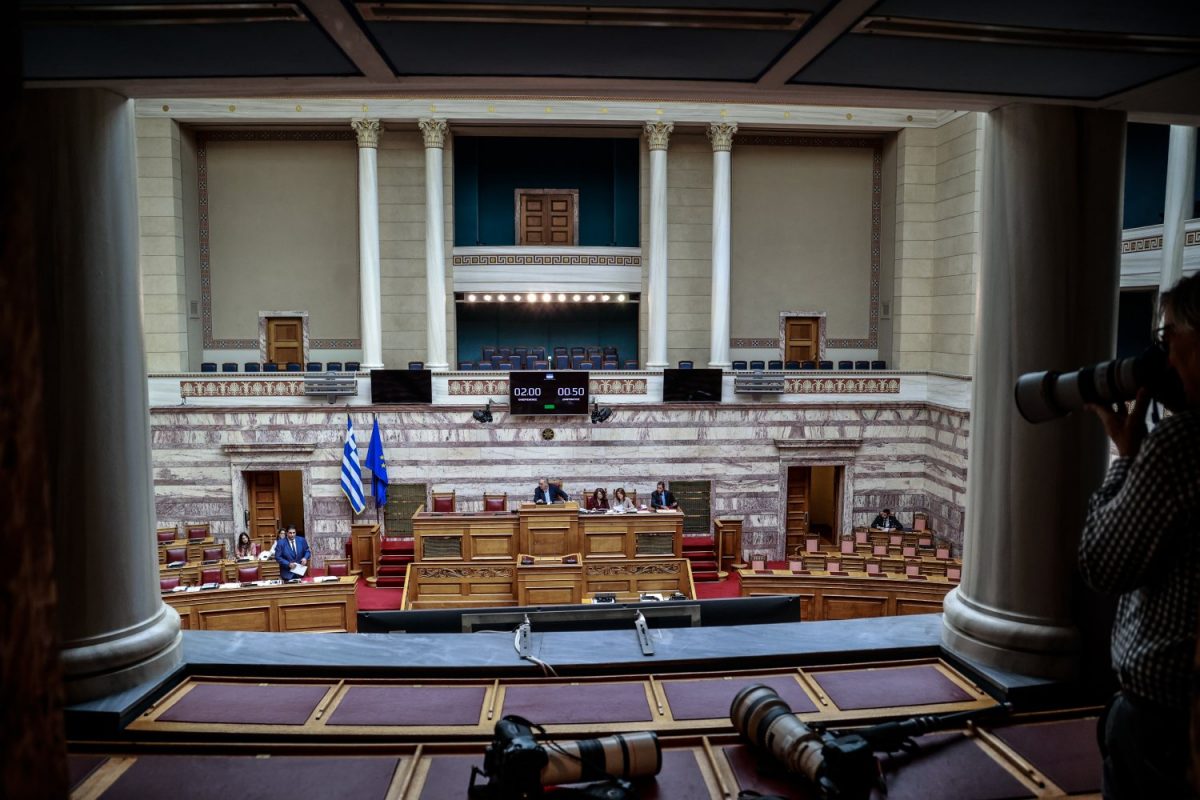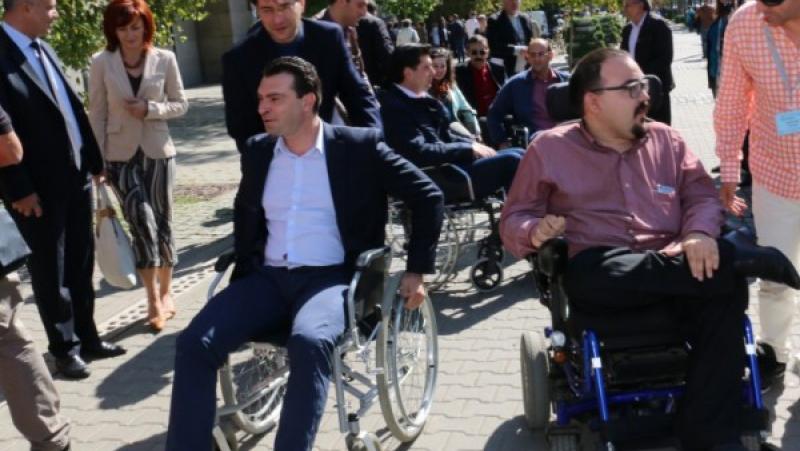On November 28, 2024, 5 years will be completed since the last constitutional revision carried out by the 9th Revisionary Parliament, so according to article 110 par. 6 S., from the next day a new process of revision of the Constitution can theoretically be initiated. The Prime Minister has already hinted that something like this can happen at least during the current parliamentary term, perhaps even at the beginning of 2025, spearheaded by the revision of Article 16 P on the legal status of universities.
As in any review process or discussion, the issue of the constitutional-political role of the President of the Republic (PtD) and his more specific powers is raised again, although not with the same intensity as in the past. After the revision of 1986, the responsibilities of the PtD were significantly reduced, so that the system of government of our country was transformed from a non-genuine parliamentary one, as it was until then, having adopted the so-called Orleans model of government, to a genuine parliamentary one.
In this way and under the pretext of strengthening the parliamentary system and the government responsible to the Parliament, the unilateral transfer of almost all the responsibilities that determine the system of government to the government and the parliamentary majority, i.e. to the prime minister, both of which he leads, took place. since, as a rule, he is also the leader of the ruling party or of the largest party in the case of a coalition government and of his Parliamentary Group, with the result that there is no counterweight to this unilateral and one-dimensional exercise of political power.
This system of governance was called in our country “prime-minister-centric” and beyond the above characteristics these are reinforced by the leadership character of the parties in our country, especially the parties in power, the absence of institutions of real and not apparent intra-party democracy, the lack of a centralized system of constitutionality control of the laws but also of the other acts of the organs of the state, in combination with the system of selection of the leadership of the Judiciary by the government etc.
Although in the past I have supported the strengthening of the legal and political role of the PtD, and in fact by combining it with the direct election of the head of state, or by giving him part of the powers that he lost with the constitutional revision of 1986 (a more decisive role in the dissolution of Parliament and in the formation of the government, addressing a speech without the signature of the prime minister) or by awarding new ones (constitution of the Council of political leaders under his presidency and with his own decisive authority, arbitral role for the definition of the leadership of the Judiciary and the members of the Independent Administrative Authorities, when the Parliament, which in principle should have the competence, cannot decide with an increased majority) and the future constitutional revision process should deal with the above issues, I think that such a thing is politically hardly realistic.
And this is not because the parliamentary character of the polity is allegedly being falsified, as is claimed, but because this system serves the ruling parties and their respective leaders and prime ministers. It is very difficult to impossible for a prime minister or a potential future prime minister to remove the current system of government, that is, to take the most important decisions alone and with a group of his close associates in Maximos and transfer them to the adjacent Presidential Palace. Consequently, those who believe that the role of the PtD should be strengthened with the future constitutional revision better keep a small basket.
The gentleman Charalambos Tsiliotis is an associate professor at the University of Peloponnese, visiting professor at the European University of Cyprus.
#aid #politically #realistic


